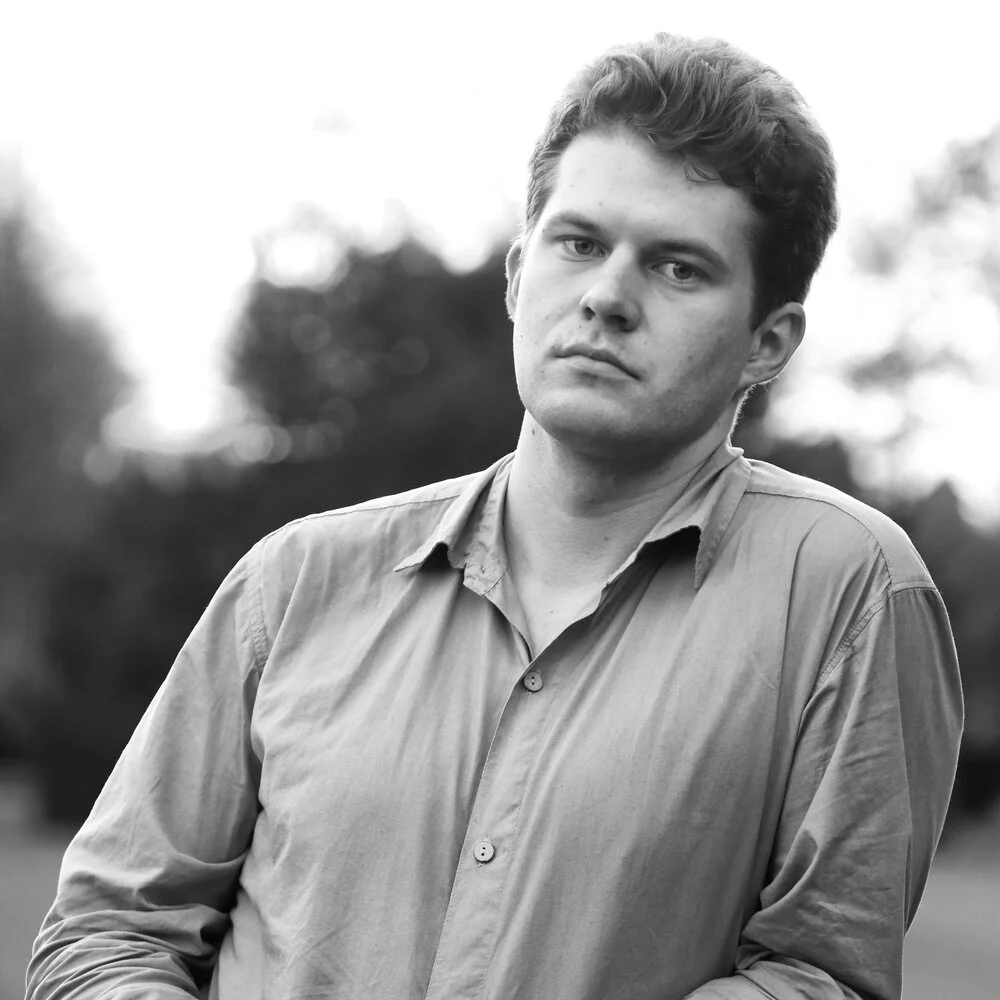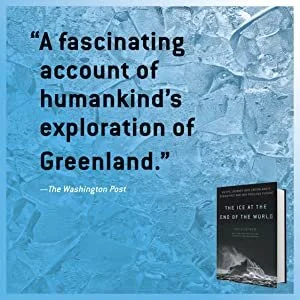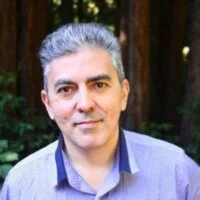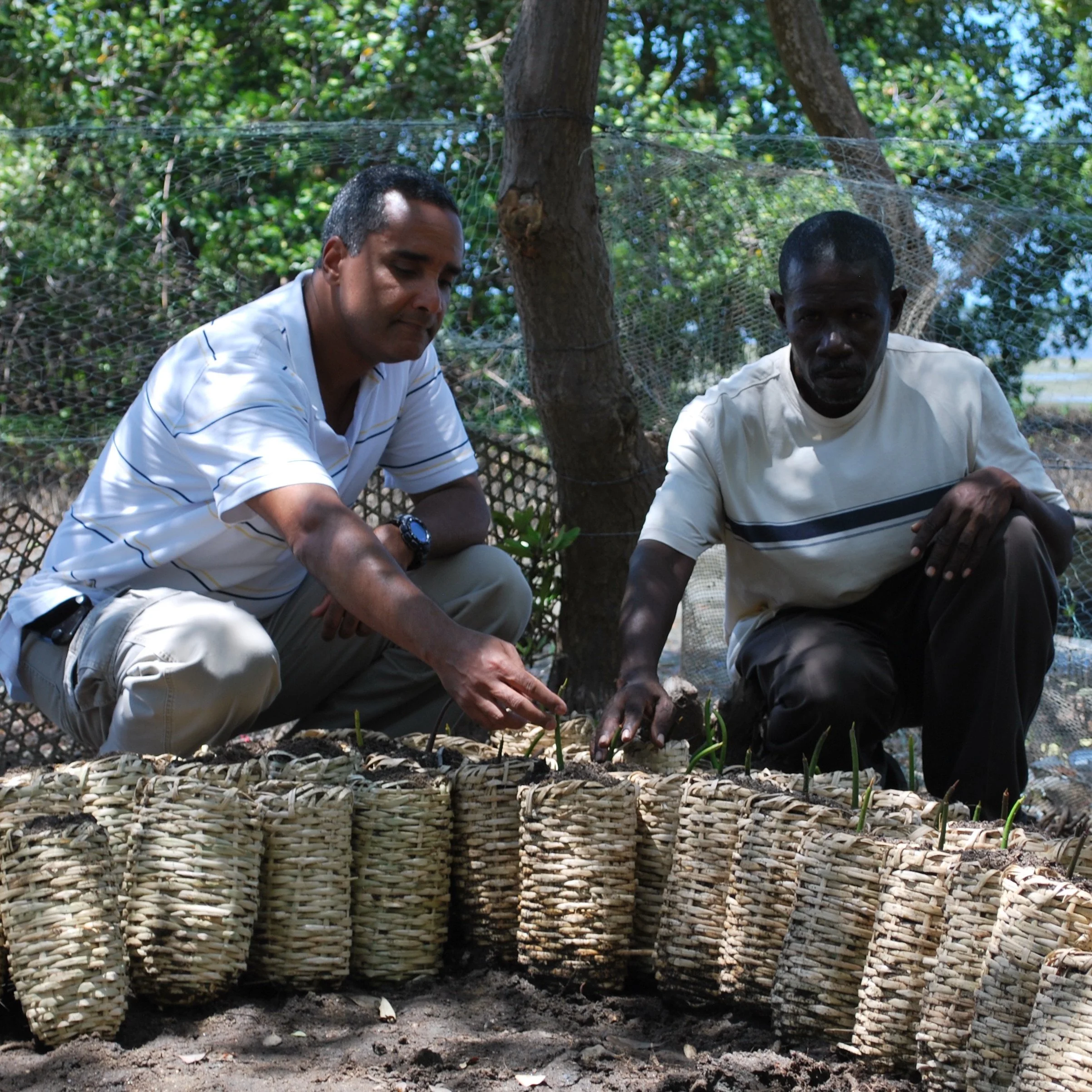Facing Climate Extremes: ANDERS LEVERMANN on Society’s Tipping Point - Highlights
/Professor at Physics Institute of Potsdam University
Senior Research Scientist at Earth Institute, Columbia University
A lot of people think climate change is about avoiding the extinction of mankind. In my opinion, climate change is about putting pressure on society and disrupting society to an extent that it can't function properly anymore. So my greatest fear is that if we don't combat climate change, the weather extremes will hit us with a frequency and intensity that we will not be able to recover after each impact. And then we will start to fight with each other.




















